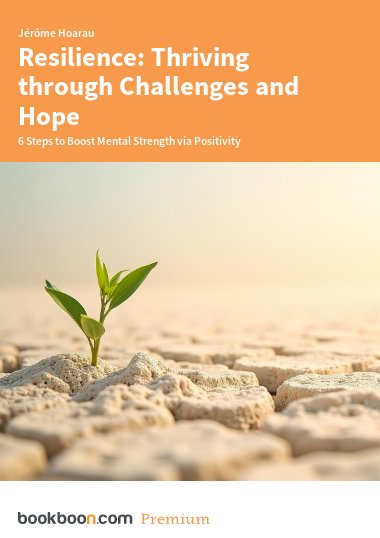Resilient people have developed the ability to live through and accept hardships, to keep going despite everything and take action to move forward. This ability isn’t innate; it’s a skill shaped by experience and strengthened by practice. Here are six steps to build up your resilience.
1. Be ready
Resilience is largely based on our endurance, which is not only physical, but also mental and emotional. A morning ritual that exercises all three can help improve your endurance and self-discipline. Also, use visualising to run through different scenarios and possible solutions. Anticipating these will help you feel more prepared and confident when you face those situations.
Look after your state of mind and physical environment. Surround yourself with friends and family you can lean on for support.
2. Digest
Learn how to deal with failure or challenges. Self-reflection is a powerful tool that can help you bounce back after an event, or react more resiliently in the future. Journaling can help you better analyse a situation and look at it from another perspective. Practicing mindfulness, such as breathing exercises like cardiac coherence can help reduce stress and manage emotions.
3. Learn
Develop a growth mindset by changing the way you approach challenges. If you’re facing an unexpected event, try looking for a hidden learning opportunity or change the direction to a new or exciting challenge. Not taking a risk doesn’t protect you from failure; so you’re better off facing them consciously and prepared, instead of passively.
A growth mindset can also be built by asking for feedback from others. This will help you identify areas of strength or development that you might not even be aware of.
4. Decide
Resilience begins with a choice. We don’t always control what happens to us, but we can choose how we respond. In that sense, resilience isn’t just a trait - it’s deliberate behaviour.
Turning a mistake or failure into a lesson is a powerful rebound technique, as long as we take clear action. Start with a clear intention, seek assurance from others and move to action once the decision has been made.
5. Implement
As mentioned in the previous step, a decision is incomplete if it is not transformed into action. How? Setting SMART goals – objectives that are Specific, Measurable, Attractive, Realistic and Temporal, will help create accountability. For example, “Increase sales” is a non-specific goal, but “Achieve 10 sales by June 30th” is specific.
6. Sustainability
Resilience is not a short-term process. It’s something you will develop over time. Have regular reviews by yourself or a mentor to reflect on your objectives and track your progress. Celebrate the intention and effort you put in, even if the result wasn’t what you expected.
Transform every difficulty into a challenge, and therefore into an opportunity for personal progress. These principles will help build your resilience daily to be better prepared in an ever-changing world. Learn more about this topic in Resilience: Thriving through Challenges and Hope.


